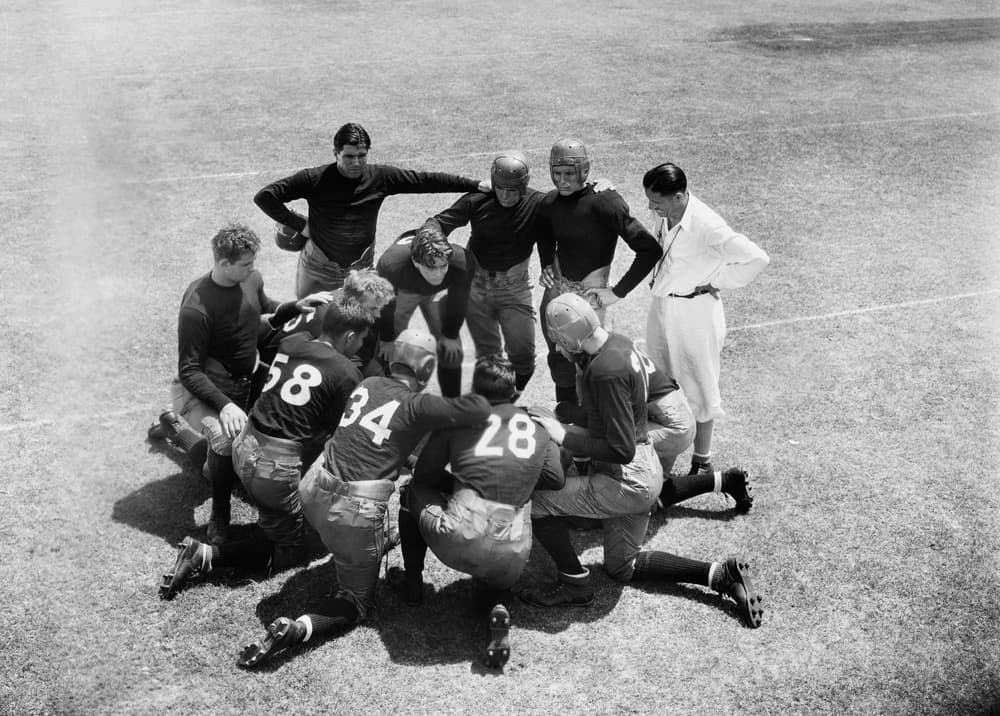
-
Get both sides of the story.
If you are only listening to what your employee is saying, you are only getting one side of the story. This will show how involved you are with your claims. If you do not talk to your adjuster a lot, or if you do not know who your adjuster is, chances are you will be confused as well. But you cannot take the side of your employee without also hearing the facts from your adjuster — especially if this is a questionable, subjective claim to begin with. You may want to protect your employees, but both of you cannot team up against your carrier, who, by the way, is working hard to investigate all claims and make the proper decisions, which affect your overall premium.
Click Link to Access Free PDF Download
“How Do I Get My Adjusters To Follow My Account Handling Instructions?”
Take the time and call the adjuster and get their side of the story. If there is something you do not understand, ask them to explain it. Make sure you really understand what the issue is and why it is there. This way you will understand what is going on, and you can explain it to your disgruntled employee. Carriers do not create the laws, they only abide by them. Each adjuster has different styles as well, so if a worker had a similar claim six years ago and it was accepted, and now the same thing happened and it is denied — find out why. Make sure the adjuster has legal evidence to back up the denial.
It is possible the claim has not been denied; it could be suspended pending results of investigation or upon receipt of medical records. Whatever the case, call your adjuster and talk to them about it before you start choosing sides on who is right and who is wrong.
-
Meet and discuss in person with all parties and counsel.
The best way to decide who is right and who is wrong is to meet up. The employee can come as well, but it is probably best they do not — at least not at this point. But you, as the employer, should go discuss the case in person and roundtable it with all of the involved players.
If the case has potential for litigation, get local counsel or the house counsel the carrier uses involved. This way you can all discuss the file in a global aspect, and also plan for the ramifications should certain decisions be made. Going over pros/cons, future exposures, and the costs involved with all of those decisions helps not only you as the employer, but the adjuster as well. This forces him to get deep into the file, discuss monetary values, develop plans of action, etc.
-
Find a middle ground for plans of action, if possible.
Just talking about the file and meeting up in person does not mean you will all agree on what to do. If you are not satisfied with what you are hearing, see if there is a middle ground, or a non-aggressive approach to everyone agrees. Considers options such as an independent medical examinations (IMEs), nurse case management, or a vocational assessment.
After you have compiled all the options, go over the pros, cons and monetary values of each one, then work to choose a strategy. Explore your options, and come out of the meeting with an agreed-upon plan. Not just agreeing to disagree.
-
The adjuster knows best.
The adjuster has had medical and legal training, negotiation training, and is up to date with the current law changes and trends. Adjusters also have experience to know which doctors’ opinions are questionable or strong.
When push comes to shove, the adjuster and legal counsel likely know best about what option you should be taking. Thorough discussion should bring you to this point, but be sure to understand why they are taking a certain course of action.
-
Leave your personal feelings behind.
The hardest part from the employer perspective is not to drag personal feelings into a decision. Whether the injured worker is your favorite employee or your worst hire, you cannot bring personal feelings into your overall decision on the file. You can alert the adjuster to these feelings, but you cannot let it influence your decision.
In the end, the decision must be fair, and backed by legal precedence. The carrier requires good reason to deny or accept a particular claim. They understand that the worker may be your friend and you want to do what is best for them, but you cannot force the issue.
No matter who is injured, when they are injured, or what they were doing when they were injured, personal feelings often develop about why a claim should be accepted or denied. The best way to feel comfortable with the final decision is to understand all of the information through effective communication.

Contact: mstack@reduceyourworkerscomp.com.
Workers’ Comp Roundup Blog: http://blog.reduceyourworkerscomp.com/
©2022 Amaxx LLC. All rights reserved under International Copyright Law.
Do not use this information without independent verification. All state laws vary. You should consult with your insurance broker, attorney, or qualified professional.




























